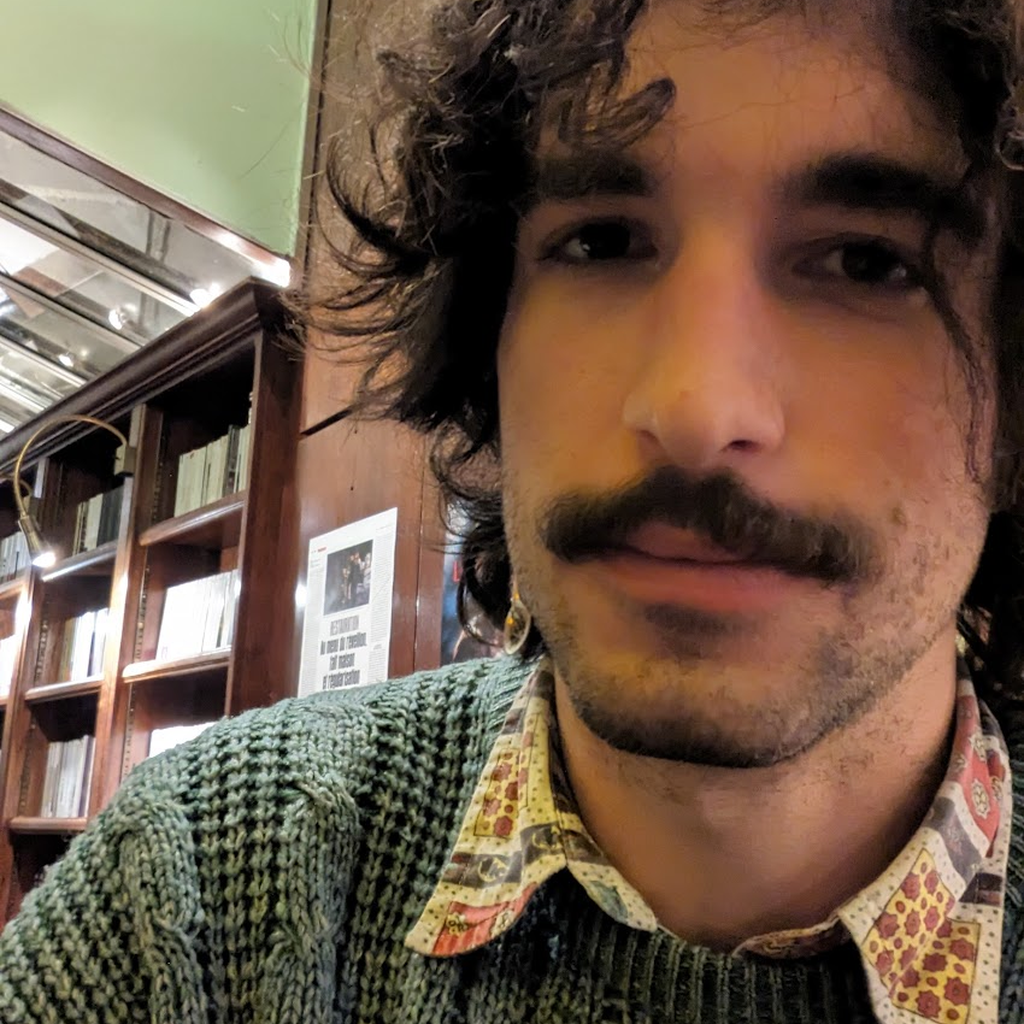


Posted by julian •
Hi! I'm Julian with the development team. Thank you so much for submitting your issue. I'm taking a look at them, and will hopefully have a solution for you. Can you try running the following
- If you are in a virtual environment
deactivate - Clean the environment with
aqora clean - Re-install the environment with
aqora install - Retry
aqora testandaqora uploadwithout activating the environment
And can you also send me the output of
aqora info? Thank you in advance!Posted by julian •
Hi @darkmatter! I'm sorry you're having issues. Can you check what version of the aqora CLI you're running with
aqora --version? It might help to upgrade to the latest version 0.11.0 https://pypi.org/project/aqora-cli/. But if that doesn't work we can investigate it more together!Posted by julian •
Hi @esaji ! I can confirm it's an issue with python 3.13. If you use something like pyenv you can install the template with
aqora --python 3.12 template h2-groundstate-energy or if you want to reinstall in the directory you've already downloaded the template to, you can run aqora clean to remove the old installation and then aqora install --python 3.12 in that directory
Posted by julian • (edited)
Hi @quantotto!
plt.show is fine on our backend. If you want to keep using it in the notebook but not have it block aqora test, you can add plt.ion() to your notebook or use plt.show(blocking = False). As far as synthesize is concerned the issue is related to starting an event loop in the current event loop. We can probably use a separate process to prevent the error, but I'm looking into it now and I will get back to you.Posted by julian •
Hi @ngxbac! The new use_case template should hopefully provide some help https://aqora.io/competitions/drone-path-qinnovision/code/template/blob/submission/solution.ipynb. You are given a start and end points and a list of polygons given by
use_case.obstacles. You then need to calculate the shortest path and return a list of points along that path starting with the start point and ending with the end point without intersecting the polygonsPosted by julian •
Hi @quantotto ! Thanks for question. I don't know how matplotlib works in a headless environment like we run the evaluator in, but I can check for you. I'll also check to see if there's a way for aqora to quiet matplotlib while running
aqora test for convenience, but for right now, the easiest thing to do I guess is just to comment out plt.show() or similar before running aqora test